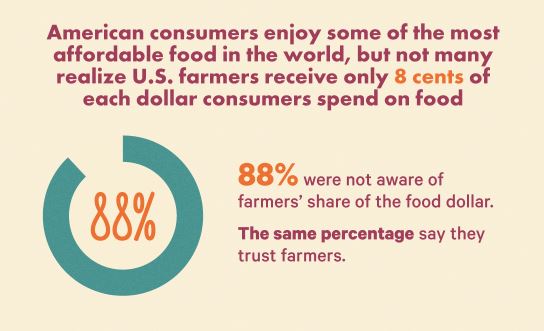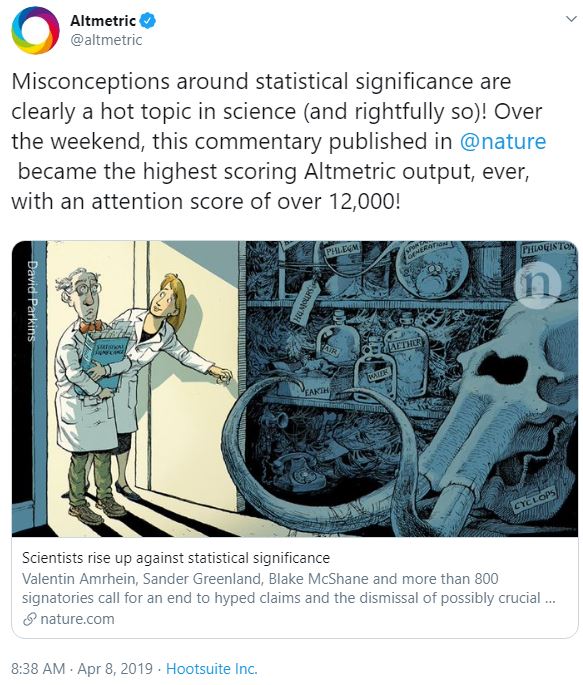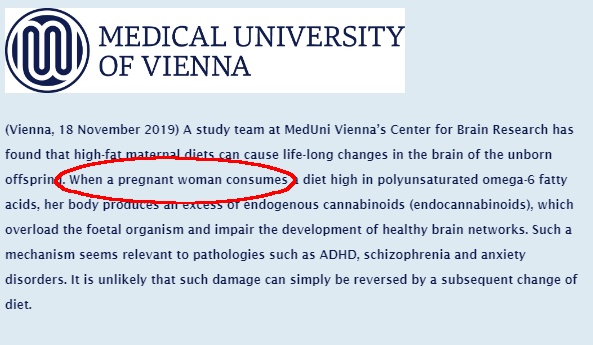You know you are in a wealthy country when there are articles about how people are depressed if they can't get a $2,000 Macbook, young people
can talk about how bored they are, and poor families live in more square footage
than the middle class in France.
Oh, and a majority are fat, even among poor people. It was never before possible for poor people to be obese, abundance of food used to be a sign of wealth.
In a story that feels like it could have come from Babylon Bee or The Onion, psychologists used surveys of teens to declare with somber seriousness
that teens are more bored than ever - and adolescent girls are most bored. And that could lead to drug abuse.
They looked at responses from the Monitoring the Future in-school survey to statements like "I am often bored." Youth self-chose how bored they were on a five-point scale starting in 2008.
Dr. Norm Borlaug, the "father of the Green Revolution", is credited with saving a billion lives using agricultural science, and for the last 50 years he and his successors debunked the Malthusian claims of cynics like Paul Ehrlich, John Holdren, and their modern-day acolytes like Bill McKibben, Michael Pollan, and Naomi Oreskes.
When Holdren and Ehrlich (and the other Ehrlich) were trying to drum up support for mandatory birth control and a world government to enforce it(1), Borlaug and the science community quietly made farming more efficient than ever. Today, even the poorest people in most of the world can afford to be fat, something never possible before, and that is thanks to the legacy of Dr. Borlaug.
An exploratory study in cell cultures and mice finds that in their rodents high-fat diets throughout pregnancy (rich in polyunsaturated omega-6 fatty acids)
impacted fetal brain development.
Don’t be alarmed, mice are not little people so a mouse study can only ever disqualify an effect, it can never show one in humans. Mice studies (and epidemiology) are termed "exploratory" because they can only suggest a link and will need relevant study before they can relate to humans, regardless what
Huffington Post or
Guardian may forget to note in their articles.
When Dr. Scott Gottlieb was named as head of the U.S. Food and Drug Administration, the pro-science community cheered. Gottlieb had both academic and private sector experience, he had been both doctor and patient, and he had been a Deputy at FDA in the past so he knew where all the bottlenecks remained.
In September, the U.S. Food and Drug Administration held a public meeting to discuss FDA’s effort to modernize standards of identity as part the agency's Nutrition Innovation Strategy.
In 2018, FDA declared its intent to modernize food standards of to achieve three goals: (1) protect consumers against economic adulteration; (2) maintain the basic nature, essential characteristics, and nutritional integrity of food; and (3) promote industry innovation and provide flexibility to encourage manufacturers to produce more healthful foods.
 Marijuana For ADHD?
Marijuana For ADHD? Rutgers Study - Forcing DEI Programs On People Increases Hostility
Rutgers Study - Forcing DEI Programs On People Increases Hostility Minnesota Trial Lawyers Want To Ban Neonics - Here Is Why That Is A Mistake
Minnesota Trial Lawyers Want To Ban Neonics - Here Is Why That Is A Mistake The Toxic Masculinity Of Disney Movies
The Toxic Masculinity Of Disney Movies








